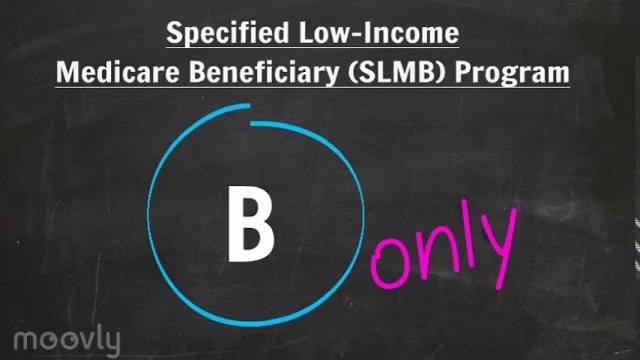www.healthplansinwashington.com
Phone: (360) 787-1048
Medicare is health insurance for people 65 or older, certain people under 65 with disabilities, and people of any age with End-Stage Renal Disease.
Medicare consists of four different parts: •
Part A – Hospital insurance (inpatient hospital care, inpatient care in a Skilled Nursing Facility, hospice care, and some home health services);
Part B – Medical insurance (physician services, outpatient care, durable medical equipment, and many
preventive services);
Part C – Medicare Advantage (MA) (Medicare-approved private insurance companies provide all Part A and Part B services and may provide prescription drug coverage and other supplemental benefits); and •
Part D – The Prescription Drug Benefit (Medicare-approved private companies provide outpatient prescription drug coverage).
The Medicaid Program is a joint venture funded by Federal and State governments that pays for medical costs for certain individuals and families with low incomes and, in some cases, limited resources. Within broad national guidelines established by Federal statutes, regulations, and policies, each State: •
Establishes its own eligibility standards; • Determines the type, amount, duration, and scope of services and administers its own program. Dual Eligible Beneficiaries is the general term that describes individuals who are enrolled in both Medicare and Medicaid. The term includes individuals who are enrolled in Medicare Part A and/or Part B and receive full Medicaid benefits and/or assistance with Medicare premiums or cost sharing through one of the following “Medicare Savings Program” (MSP)
Here are different categories:
1. Full Medicaid- Coverage either through optional coverage groups based on medically needy status, special income levels for institutional individuals or home and community based waivers. Income criteria is determined by state. Helps pay for Part A and/or Part B premiums, deductibles, coinsurance, and copayments. Transportation, wrap around benefits and dental maybe covered as well.
2. Qualified Medicare Beneficiary (QMB) Program – Helps pay for Part A and/or Part B premiums, deductibles, coinsurance, and copayments.
3. Specified Low-Income Medicare Beneficiary (SLMB) Program – Helps pay for Part B premiums.
4. Qualifying Individual (QI) Program – Helps pay for Part B premiums; and • Qualified Disabled Working Individual (QDWI) Program – Pays the Part A premium for certain people who have disabilities and are working.
Medicare-covered services also covered by Medicaid are paid first by Medicare because Medicaid is generally the payer of last resort. Medicaid may cover the cost of care that Medicare may not cover or may partially cover (such as nursing home care, personal care, and home- and community-based services).
Medicare beneficiaries can obtain their Medicare coverage in the following ways:
1. Receive Part A and Part B services through the Original Medicare Program. To obtain Part D coverage.
2. Receive Part A and Part B services from a Medicare Advantage Plan. Most MA plans include Part D
coverage and additional benefits such dental, vision, hearing, fitness memberships etc.







Would someone enrolling in Part C disqualify themselves for being eligible for these other programs? BTW awesome video!
Thank you! Not at all.